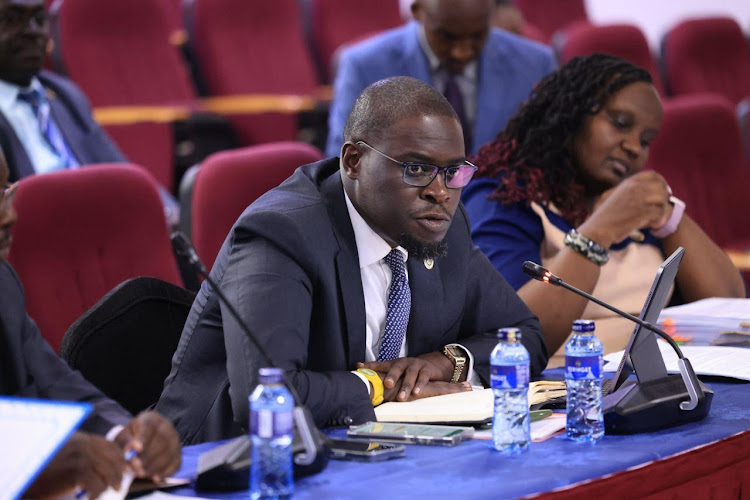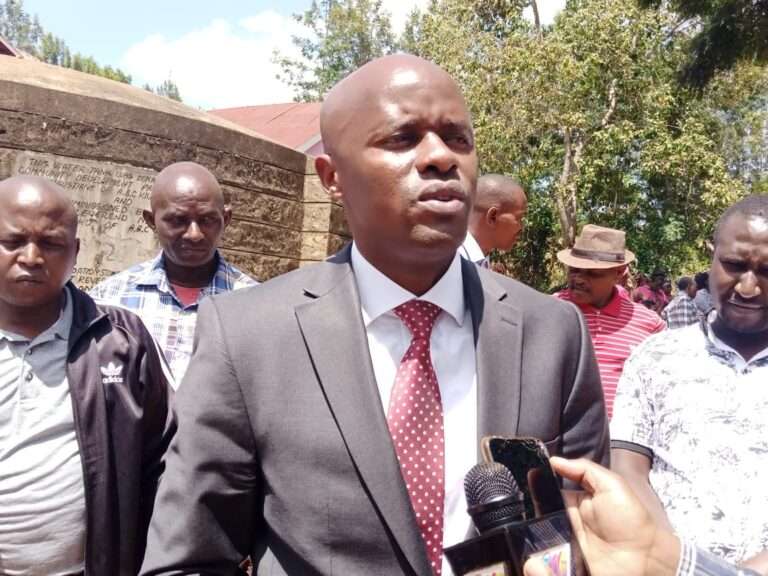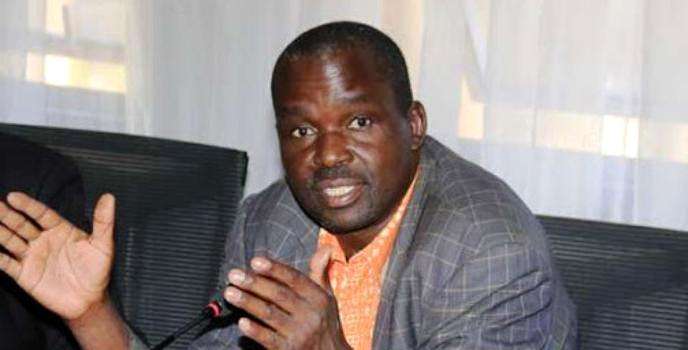TWV Investigations FDesk
When Auditor General Nancy Gathungu tabled her latest report for the financial year 2023/2024, the spotlight once again fell on Nairobi County. This time, it was not just about incomplete works, but a systematic failure in project management that has left the capital city littered with stalled or substandard stadiums worth over Sh2.3 billion.
In what was meant to be a boost for sports and youth development, the county awarded contracts for the construction and completion of four stadia, Kawangware, Ziwani, Kangemi, and Dandora, at a cost of Sh1 billion. The projects were to be completed within 18 months, later revised to 15 months through a mediated settlement. Yet, despite Sh223.3 million already paid, the Auditor General found glaring irregularities and poor workmanship across the sites.
At Dandora Stadium, for instance, disputes emerged after contractors installed steel terraces instead of concrete ones. Floodlights were non-functional, internal lighting was absent, pitches were uneven, and exposed electrical wiring left the venue unsafe. Even more shocking, the perimeter walls were so weak that footballs kicked against them created holes; they had been built with soft boards rather than stone.
The pattern is depressingly familiar. At Joe Kadenge City Stadium, a Sh95.9 million rehabilitation contract was signed in June 2023. By October, inspectors found no artificial turf, incomplete drainage, and missing chain-link fencing, even though Sh41.2 million, 43 per cent of the total sum, had been paid. The contractor had abandoned the site, the contract lapsed, and even the performance bond expired without renewal.
At Jericho Playground, a Sh17.5 million project to erect a perimeter wall and guardhouse was declared “100 per cent complete” by county inspectors. Yet physical verification revealed missing windows, unfinished painting, incomplete floors, and a damaged wall due to encroachment by a neighbouring church. Despite this, the contractor walked away with full payment.
Joseph Kang’ethe/Woodley Stadium fared no better. Awarded a Sh135.2 million rehabilitation contract, the project stalled after only 20 per cent of the work were completed. The contractor abandoned the site after receiving Sh29.8 million. Promised features, including a main stand, changing rooms, and artificial turf, never materialised.
The Auditor General’s findings paint a grim picture of systemic failure. Contractors are paid for incomplete work, inspection reports are falsified to rubber-stamp payments, and projects are abandoned without accountability. What was meant to inspire sporting excellence has instead turned into a monumental waste of taxpayers’ money.
For residents of Nairobi, the frustration is palpable. The city’s youth remain without proper sports facilities, while billions vanish into thin air. The Auditor General’s report raises the fundamental question: who benefits from this endless cycle of contracts, cash, and collapse?
These revelations could not come at a worse time for City Hall, already grappling with accusations of corruption and inefficiency. With the 2027 elections looming, the state of Nairobi’s infrastructure will be a key campaign issue. Unless urgent reforms are undertaken, Nairobians may be forced to confront a painful truth: that billions meant for their development have been lost to negligence, corruption, and impunity.





